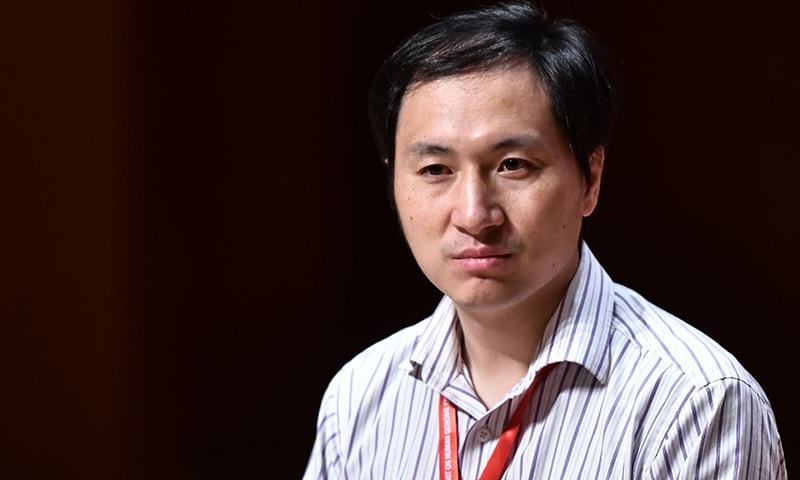Chinese investigators have determined that the doctor behind the reported birth of two babies whose genes had been edited in hopes of making them resistant to the AIDS virus acted on his own and will be punished for any violations of the law, a state media report said on Monday.
Investigators in the southern province of Guangdong, determined Dr He Jiankui organised and handled funding for the experiment without outside assistance in violation of national guidelines, the Xinhua News Agency said.
Along with the birth of the twins, Lulu and Nana, another embryo yet to be born reportedly resulted from He's experiment, while five others did not result in fertilisation. All three will remain under medical observation with regular visits supervised by government health departments, Xinhua said.
It didn't say which laws He might have violated but said he had fabricated an ethical review by others.
“This behaviour seriously violates ethics and the integrity of scientific research, is in serious violation of relevant national regulations and creates a pernicious influence at home and abroad,” the report said.
Then little-known, He attended an elite meeting in Berkeley, California, in 2017 where scientists and ethicists were discussing a technology that had shaken the field to its core an emerging tool for “editing” genes, the strings of DNA that form the blueprint of life.
He embraced the tool, called CRISPR, and last year rocked an international conference with the claim that he had helped make the world's first gene-edited babies, despite a clear scientific consensus that making genetic changes that could be passed to future generations should not be attempted at this point.
China called an immediate halt to He's experiments following his announcement.
Gene editing for reproductive purposes is effectively banned in the United States and most of Europe. In China, ministerial guidelines prohibit embryo research that “violates ethical or moral principles". The chief of the World Health Organization (WHO) said last year his agency is assembling experts to consider the health impact of gene editing.
WHO Director-General Tedros Adhanom Ghebreyesus said gene editing “cannot be just done without clear guidelines” and experts should “start from a clean sheet and check everything".
"We have a big part of our population who say, 'Don't touch'," Tedros told reporters. "We have to be very, very careful, and the working group will do that."















































